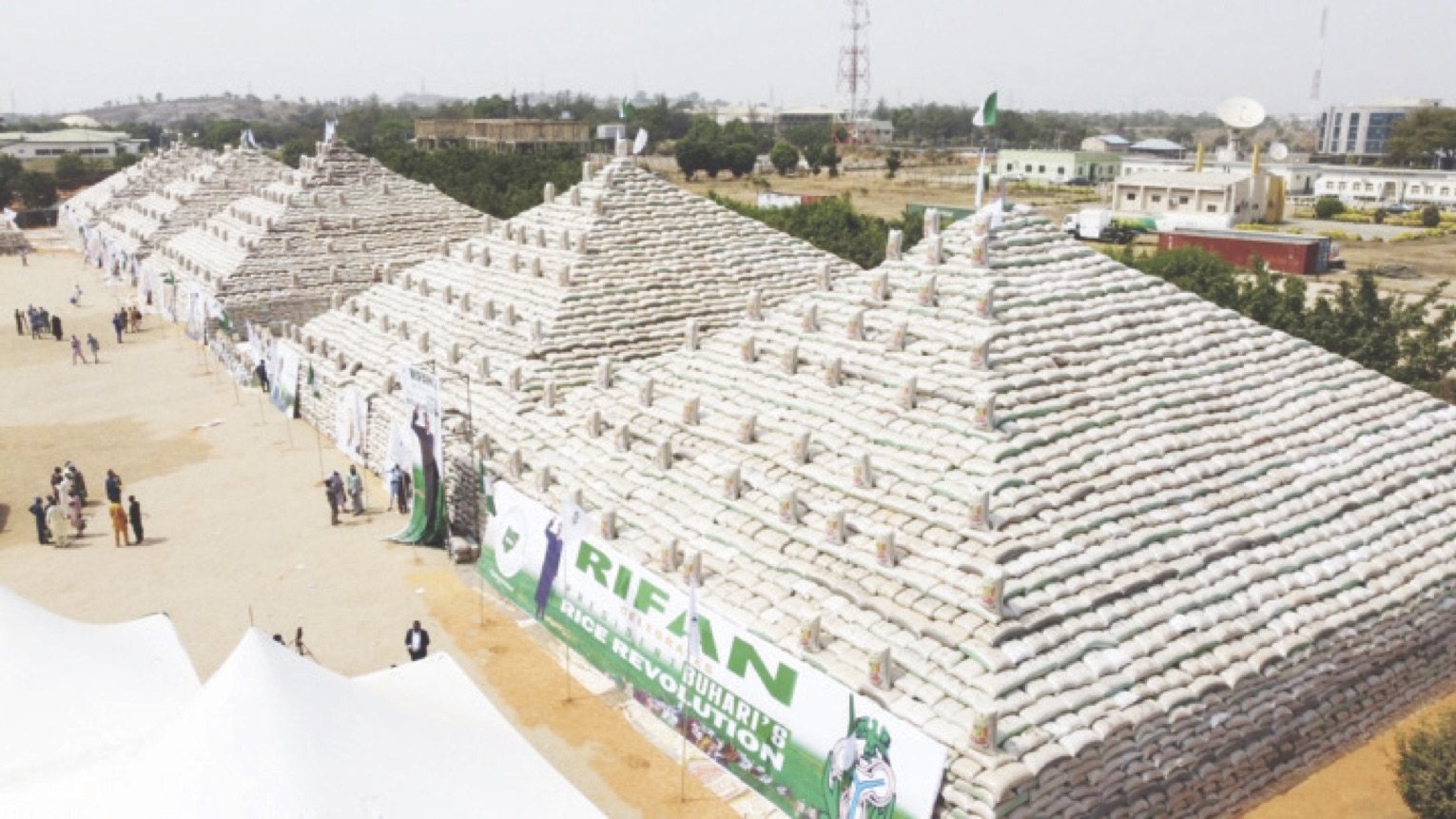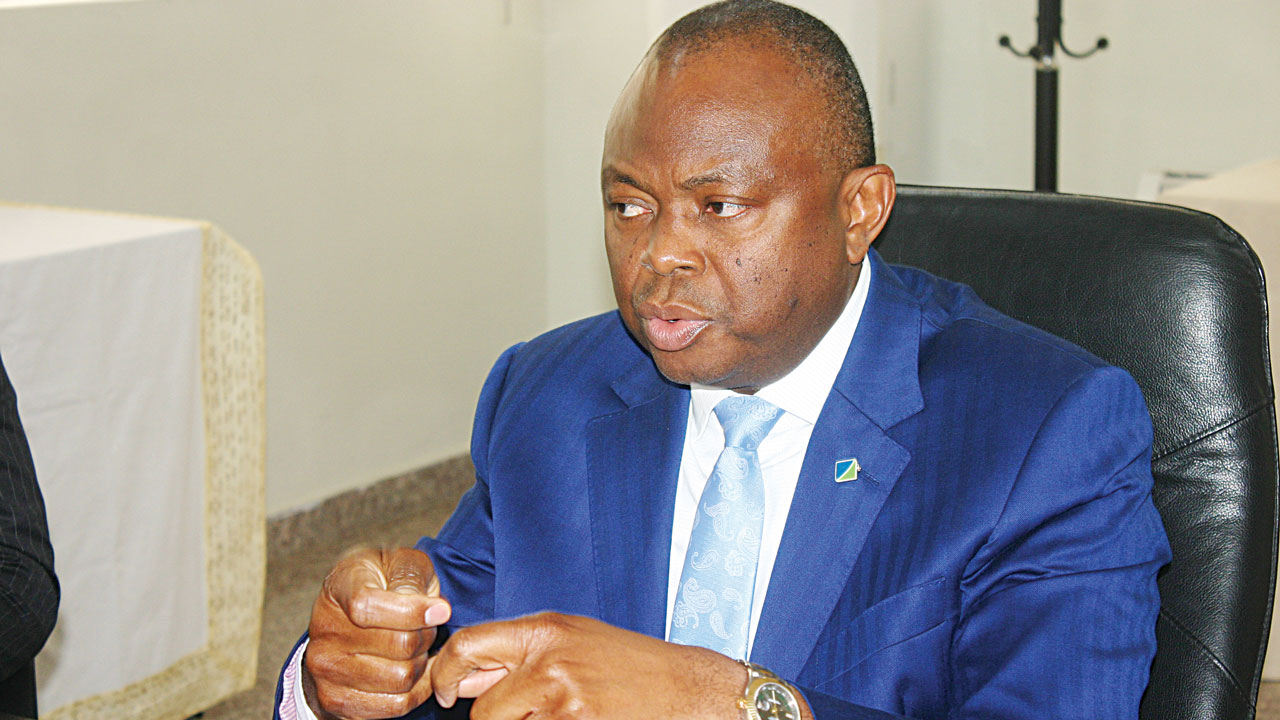Whereas the Central Bank of Nigeria (CBN) claims it that total repayments as of the end of February 2023 under the Anchor Borrowers’ Programme (ABP) stood at N0.503 trillion, representing 52.39 per cent, Nigerians have started querying the entire scheme considering the observed scarcity of local rice brands in the market. CBN said that the balance of N0.119 trillion was not due for repayment.
Recall that ABP was originally created by the apex bank to boost local rice farming; a project targeting to end rice smuggling into the country.
However, after the first year noise and rice abundance in select cities, in the last two years, there had been little or no presence of local rice in the Nigerian market, thus returning the era of foreign rice domination.
Besides, since the symbolic Abuja rice pyramid, there had been serious scarcity of local rice in the market and the CBN has not been able to provide any form of explanation to the continued rice scarcity and takeover of markets by foreign rice brands.
However, explaining what he described as smooth repayment of loans by rice farmers which is contrary to earlier stand of the same apex bank, the Acting Director, Corporate Communications Department, Dr. AbdulMumin Isa, revealed that the Bank had released the sum of N1.079 trillion, as of February 28, 2023, of which N0.960 trillion was due for repayment.
According to him, the CBN ABP had supported about 4.57 million smallholder farmers at end-February, 2023, who cultivated over 6.02 million hectares of 21 commodities across the country. He listed the commodities as rice, wheat, cowpea, millet, maize, cotton, fish, soya bean, poultry, cassava, groundnut, ginger, sorghum, oil palm, cocoa, sesame, tomato, castor seed, yellow pepper, onions, and cattle/dairy.
Citing statistics from the Food and Agriculture Organisation (FOA), Dr. Isa noted that the ABP had contributed significantly to the increased national output of focal commodities, with maize and rice peaking at 12.2 and 9.0 million metric tonnes in 2021 and 2022, respectively. He said the programme had also helped to improve the national average yield per hectare of these commodities, with productivity per hectare almost doubling within the eight years of the Programme’s implementation.
While further noting that repayments under the ABP are made through cash or produce by the beneficiaries, the Acting Spokesperson of the CBN stressed that the outstanding due balance on loans was still under moratorium due to the COVID-19 forbearance granted to beneficiaries of the Bank’s interventions in March 2020 and extended to February 28, 2022.
“It is pertinent to note that the tenor of loans under the ABP is based on the commodity gestation period. For instance, loans granted to farmers cultivating some perennial crops could have up to seven-year tenor,” he explained.
Dr. Isa emphasised that the Bank’s interventions, with the core objective of catalysing the economy’s productive base, have continued to support investments in capital assets in sectors with high-growth and employment-elastic potential.
“The Central Bank of Nigeria remains committed to its developmental mandate of stimulating access to finance for the real sector, particularly agriculture, as it continues to support the Federal Government’s drive for food security and economic growth. Accordingly, the Central Bank of Nigeria continues to welcome applications from eligible Nigerian farmers and firms under the Anchor Borrowers’ Programme,” he added.









